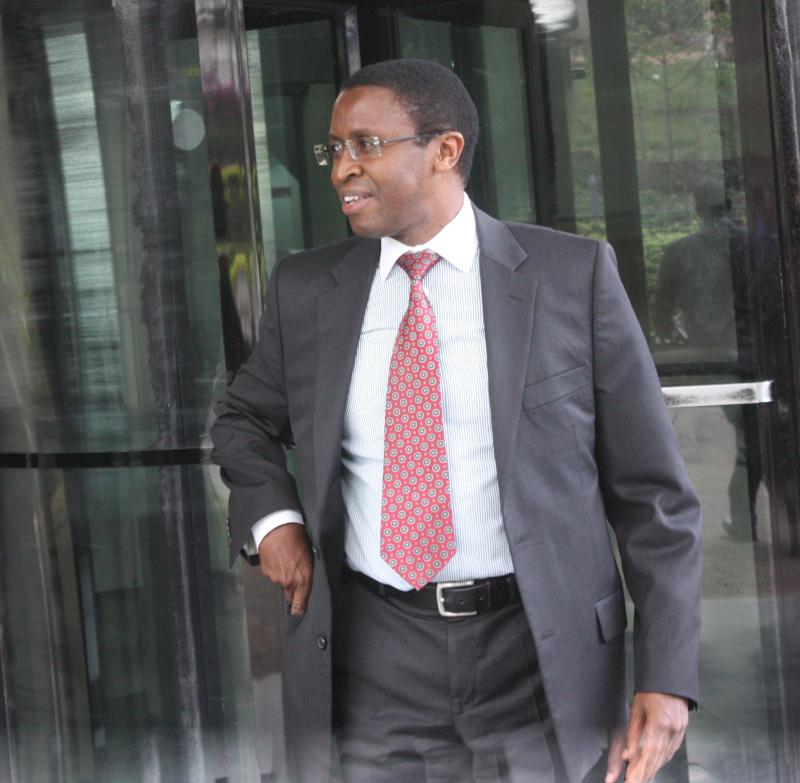×
The Standard e-Paper
Home To Bold Columnists

The Deputy CEO had the last laugh in graft probe and bounced back in office to the chagrin of his accusers.
A memo from the Ministry of Foreign Affairs last week announced the end to a dramatic six-year period for Michael Mubea at the Ethics and Anti-Corruption Commission. While at the anti-graft body, Mr Mubea rose to the position of deputy Chief Executive Officer.